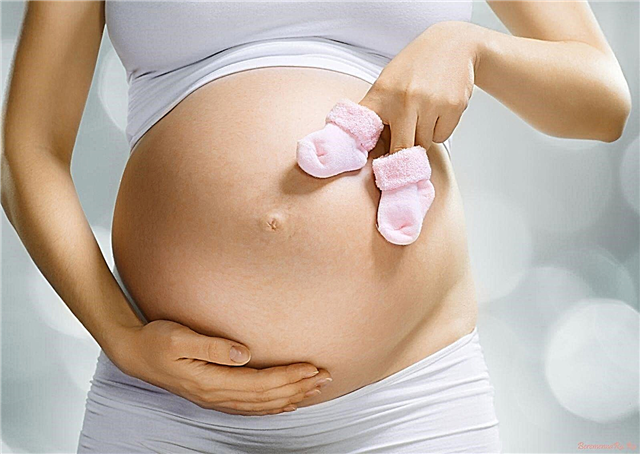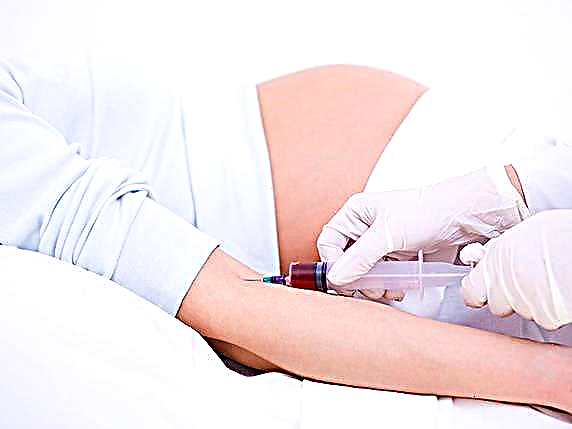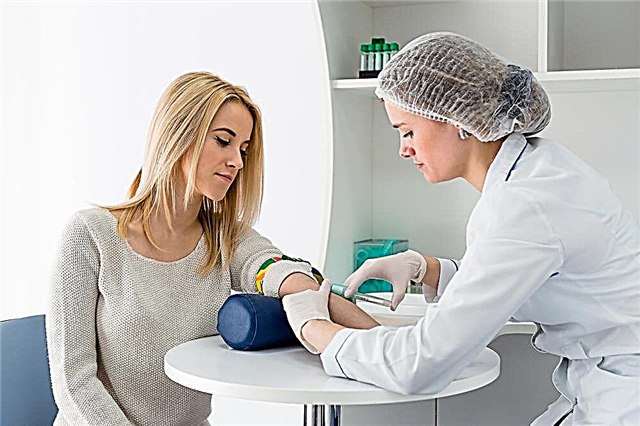When parents bring their baby home after being discharged from the hospital, much of the baby's behavior seems strange to them. Sometimes the baby may behave incomprehensibly, thereby causing anxiety to adults. For example, many children under the age of three months actively jerk their arms and legs for no apparent reason. However, this is not at all a sign of a neurological disorder. This behavior is completely normal for babies.

Newborn baby - a mysterious creature
Causes of restless baby behavior
When a newborn tugs its legs and cries, parents are always worried. There are many reasons for this condition. The most common ones are listed below:
- gases do not go well;
- parents put an uncomfortable jumpsuit on the baby;
- the baby is unhappy with an overflowing diaper;
- the baby wants to poop, but cannot do it.
It is not difficult to eliminate these reasons. However, it should be remembered that in some cases shaking limbs may indicate neurological diseases that require urgent medical advice.
Baby peeing in need
In children under three months of age, the digestive system is still only adapting to new conditions, because as long as 9 months before birth, the baby was fed through the umbilical cord. That is why at an early age, children, especially those who are bottle-fed, suffer from various stool disorders. It can be constipation, diarrhea, or loose stools. Tucked legs and a sharp cry often indicate that the baby cannot empty the intestines. In this case, a gentle clockwise abdominal massage will help him. Also for the prevention of constipation it is necessary:
- do not overfeed the child;
- breastfeeding mothers should not eat allergenic foods and foods that cause constipation;
- the baby must be given water between meals;
- if the baby is bottle-fed, a probiotic formula should be chosen.
It is strictly forbidden to give the child any laxatives. They can only be prescribed by the attending physician in case of emergency.

A healthy baby up to three months old poops several times a day
Attention! If the baby is actively pushing, but there is no result, the child is constipated. To stimulate bowel movements, you can gently insert a gas tube into the baby's anus.
Uncomfortable clothes
If a newborn cries and jerks his legs while changing clothes, it is likely that the clothes do not fit him in size: small or large. When choosing a suit, keep in mind the following:
- too tight clothing can cause poor circulation;
- you should not choose outfits made of synthetics, it is better to give preference to natural fabrics;
- if the jumpsuit is for a child with a belt or drawstring, do not tighten it too tight.
Babies up to a month should not be swaddled tightly. During the day, the child must be given the opportunity to be a little without clothes and move freely.

Baby clothes should not hinder his active movements
Functional digestive disorders
Babies up to three months old periodically have intestinal colic, most often they occur in the evenings. This is not a disease, but just an age-related functional disorder. The main signs of trouble:
- the baby screams and groans loudly, tucking his legs to his stomach;
- the child actively escapes gases;
- the baby calms down and does not tense when it is carried in an upright position, because in this position the spasms bother less.
To calm the baby, you can give him a decoction of dill water or any phytopreparation for the treatment of intestinal colic in newborns. Laying out on the tummy and applying a heated diaper to the stomach also help well. In most cases, colic does not require treatment and will gradually disappear. However, some babies may be concerned about gas up to six months old. Colic is especially common in infants who were born prematurely.
Functional digestive disorders in early childhood can develop due to dysbiosis caused by a lack of beneficial bacteria in the intestines. Also, prolonged intestinal colic often occurs in those children who poorly digest lactose, an enzyme found in breast milk. This disease is called "lactase deficiency", recently it is increasingly common in young children. In this case, the ideal solution would be to transfer the baby to a dairy-free (soy) artificial formula.

Up to about three months old, children can be bothered by intestinal colic, with age they disappear
Wet diaper
If a newborn cries and bends his legs, he may simply be unhappy with a wet, full diaper. In this case, if you change your baby's clothes, he will quickly calm down and fall asleep, and the curling of his legs will stop. It is recommended to change diapers as often as possible. When the diaper fills with moisture, a greenhouse effect is created inside and the baby's skin begins to sweat a lot.
It is imperative to put on a new diaper at night, and also change it in the morning when the baby wakes up for active wakefulness. During the day, the child should be without a diaper as much as possible so that the skin can breathe. In this case, the baby can be placed on an absorbent diaper. With the appearance of severe diaper rash, diapers should be temporarily abandoned.
Attention! The filled disposable diaper must be removed immediately and replaced with a new one. If you keep the baby in wet diapers for a long time, diaper rash and the so-called "diaper dermatitis" will appear very quickly.
Other possible causes
When the baby tightens its legs and cries, something is probably bothering him. Sometimes a child can just actively move, in this case he does not cry, he can even smile.
Other possible causes of involuntary twitching include various types of neurological disorders. They are often seen in premature babies and those with birth trauma. In this case, it is strictly forbidden to self-medicate; only a neurologist can prescribe any medications and procedures. As a rule, diseases detected on time are successfully treated and do not have a negative impact on the subsequent development of the child. In each case, treatment requires an individual approach. What to do, only the doctor will tell you.

The child may jerk limbs during active play due to the peculiarities of temperament
Norm or pathology
If parents do not know whether to seek help from a doctor, it is necessary to observe the child and his behavior a little. Perhaps there is really no cause for concern. During observation, you should pay attention to such important indicators as:
- baby's body temperature;
- the rate of weight gain;
- sleep at night and appetite during feeding (weakened children usually eat poorly);
- the child's appearance (for example, excessive pallor may indicate an illness).
Keep in mind! Almost all newborn babies twitch their hands in their sleep, this is normal. To fix the problem, it is enough to swaddle the baby at night.
When is a doctor's consultation necessary?
If a newborn boy screams and bends and jerks his legs during urination, the cause may be incorrect position of the genitals or infringement of the head of the penis. The kid tries to tighten his legs so as not to feel pain. In this case, it is necessary to show the child to the surgeon to clarify the diagnosis and solve the problem.
You should also consult a doctor if the twitching of the legs is caused by frequent constipation and problems with digestion (in this case, the baby is pushing, straining with his whole body). Digestive upsets may be indicated by symptoms such as frequent regurgitation, heavy foamy or slimy stools, poor weight gain despite abundant nutrition.
The doctor will prescribe the child for dysbiosis tests and, if necessary, prescribe medications to normalize the functioning of the stomach and intestines.
How to help your baby
First of all, in order to help the baby, parents should always remain calm and not nervous, because the excitement of adults is always transmitted to the child. If it is not possible to consult a doctor in person, you can listen to the opinion of Dr. Komarovsky and other famous doctors about the problem. However, it should be remembered that every child is different. Therefore, a treatment suitable for one baby will be at the same time useless and even harmful to another.
If the infant jerks frequently, but is not worried, grows well and gains weight, the parents have no reason to worry. These are just age-related features, when the baby becomes older, he will no longer do this. However, tremors of the limbs in combination with lethargy, weakness, or, conversely, increased excitability give reason to suspect neurological diseases or other disorders in the infant.



